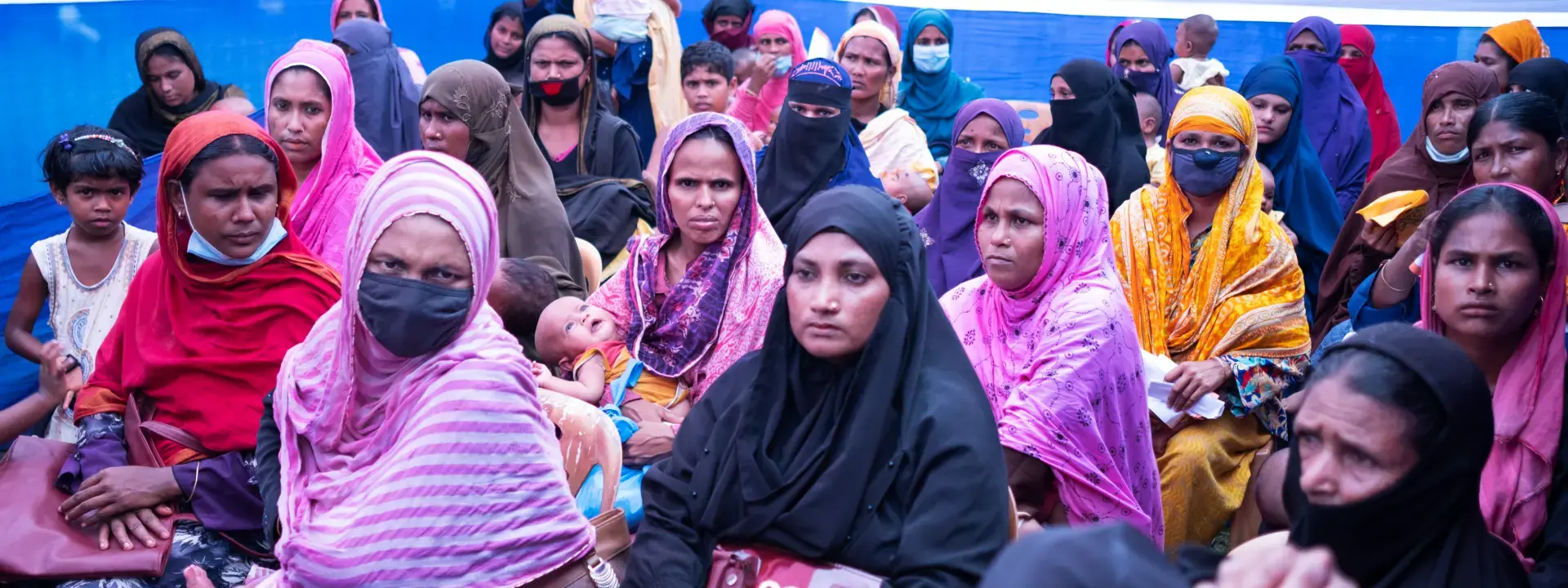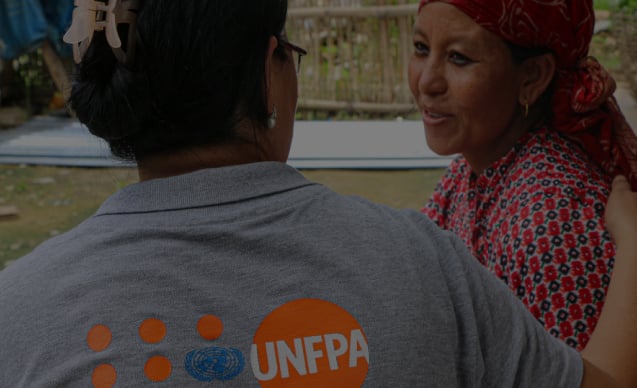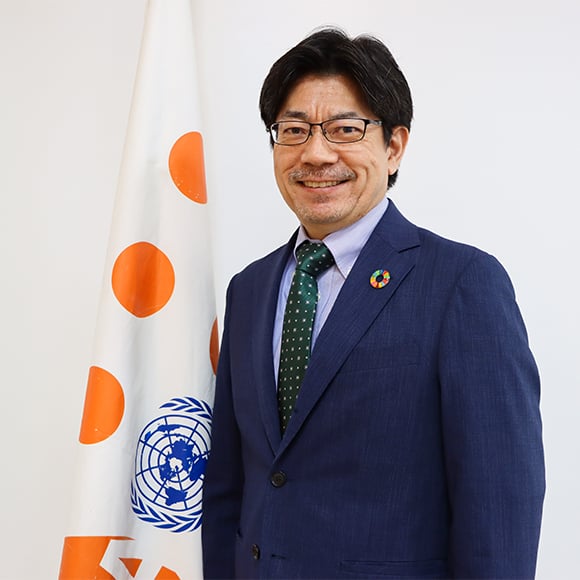UNFPA in Bangladesh
The United Nations Population Fund (UNFPA), is the United Nations' sexual and reproductive health agency for delivering a world where every pregnancy is wanted, every childbirth is safe and every young person's potential is fulfilled. UNFPA has been working in partnership with the Government of the People’s Republic of Bangladesh since 1974, providing technical and advisory services and support. Our main partners are various Government Ministries, the Parliament, United Nations Agencies, academic institutions, and civil society organizations.
UNFPA’s vision is to make a difference in assisting the Government and people of Bangladesh to achieve the three transformative results, also known as the three zeros, by 2030: zero unmet need for family planning, zero preventable maternal deaths, and zero violence and harmful practices against women and girls, including zero child marriage.
UNFPA Bangladesh is currently implementing its 10th Country Programme (CP10) 2022-2026. It supports the Government to achieve the 2030 Agenda, seeks to address the unfinished agenda of the International Conference on Population and Development (ICPD) Programme of Action through the achievement of the three transformative results of UNFPA, and is aligned to the UNSDCF and the Government’s eighth five-year plan.
The CP10 has four outcome areas:
- Ensuring sexual and reproductive health and rights
- Empowering adolescents and youth
- Achieving gender equality and women’s empowerment
- Enhancing population data and evidence-based policies
Across our programming, we work across the development and humanitarian continuum, strengthening national and community preparedness and ensuring prioritization of sexual and reproductive health and gender-based violence during and following humanitarian crises, especially in areas vulnerable to climate change-induced disasters. UNFPA Bangladesh is also working in Cox’s Bazar, both with the Rohingya population and host communities. Our activities’ objectives, actions, and budget are in the Joint Response Plan on the Rohingya Humanitarian Crisis.
UNFPA is entirely supported by voluntary contributions of donor governments, intergovernmental organizations, the private sector, foundations, and individuals. We are most grateful to our donors and partners, here in Bangladesh and worldwide, for their continuous support.




